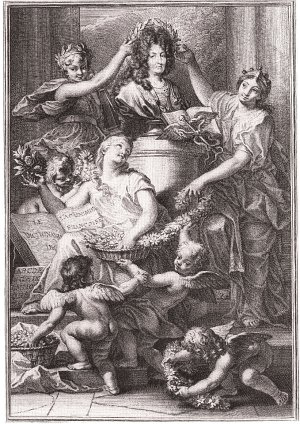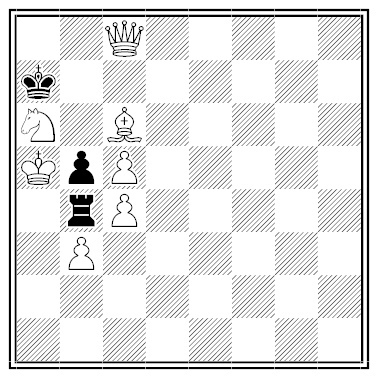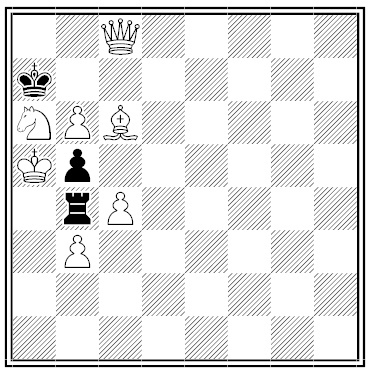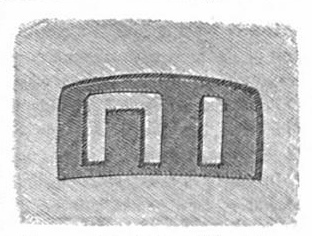A maiden once, with eyes of blue,
And mischief a suggestion,
Propounded all her friends unto
A geographic question.
“Why all degrees of latitude
Were longer at th’ equator?”
Their answers brought beatitude
And highly did elate her:
For Mr. Smithson talked to her–
With knowledge was he sated–
“‘T was due to a parabola,”
He wisely demonstrated;
And Mr. Whyte, he murmured much
Of “radial defections,”
While Robinson, with dainty touch,
Discoursed of conic sections;
Then Mr. Browning flowery grew,
And filled himself with glory
By telling much more than he knew–
It was a wondrous story!
But all sit now disconsolate,
And cut a woful figure–
They’ve learned, when it was all too late,
Degrees down there aren’t bigger.
— Anonymous, in A.C. McClurg, The Humbler Poets, 1910






